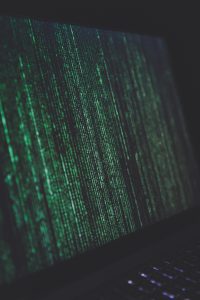 Shoplifting is classified under the theft statutes. The key provisions are contained in statutory instrument number 720 ILCS 5/16-1. It is at the lower end of the crimes of dishonesty but can still be prosecuted and lead to terms of imprisonment. Over the years, there have been many changes that were designed to reform the regime. For example, there are some new sophisticated techniques for shoplifting that may not have been covered by the original statutes in Chicago. That is why defense attorneys have to ensure that they are up to date with the latest versions of the law. This is one of the most prosecuted crimes not because of its seriousness but rather its frequency of occurrence. Shoplifting is an occupational hazard for marketplaces because there are always people who want to take things without paying for them.
Shoplifting is classified under the theft statutes. The key provisions are contained in statutory instrument number 720 ILCS 5/16-1. It is at the lower end of the crimes of dishonesty but can still be prosecuted and lead to terms of imprisonment. Over the years, there have been many changes that were designed to reform the regime. For example, there are some new sophisticated techniques for shoplifting that may not have been covered by the original statutes in Chicago. That is why defense attorneys have to ensure that they are up to date with the latest versions of the law. This is one of the most prosecuted crimes not because of its seriousness but rather its frequency of occurrence. Shoplifting is an occupational hazard for marketplaces because there are always people who want to take things without paying for them.
Contrary to popular belief, this is not a crime that is consigned to the lower orders of society. Rather, it cuts across, and there have been instances of perfectly wealthy people who have been caught shoplifting. Sometimes, it is a case of temporary economic deprivation; other times, the defendant may be suffering from psychosocial problems such as kleptomania. It is imperative that the defense attorney explores all the possible explanations before the client is either found guilty or sentenced. The existence of a recognized condition might be a mitigating factor in such cases. It is also important to advise the client not to accept higher charges in order to avoid appearing in court because the resultant criminal record can become a hazard.
Protections for the Defendants
 Chicago Criminal Lawyer Blog
Chicago Criminal Lawyer Blog











